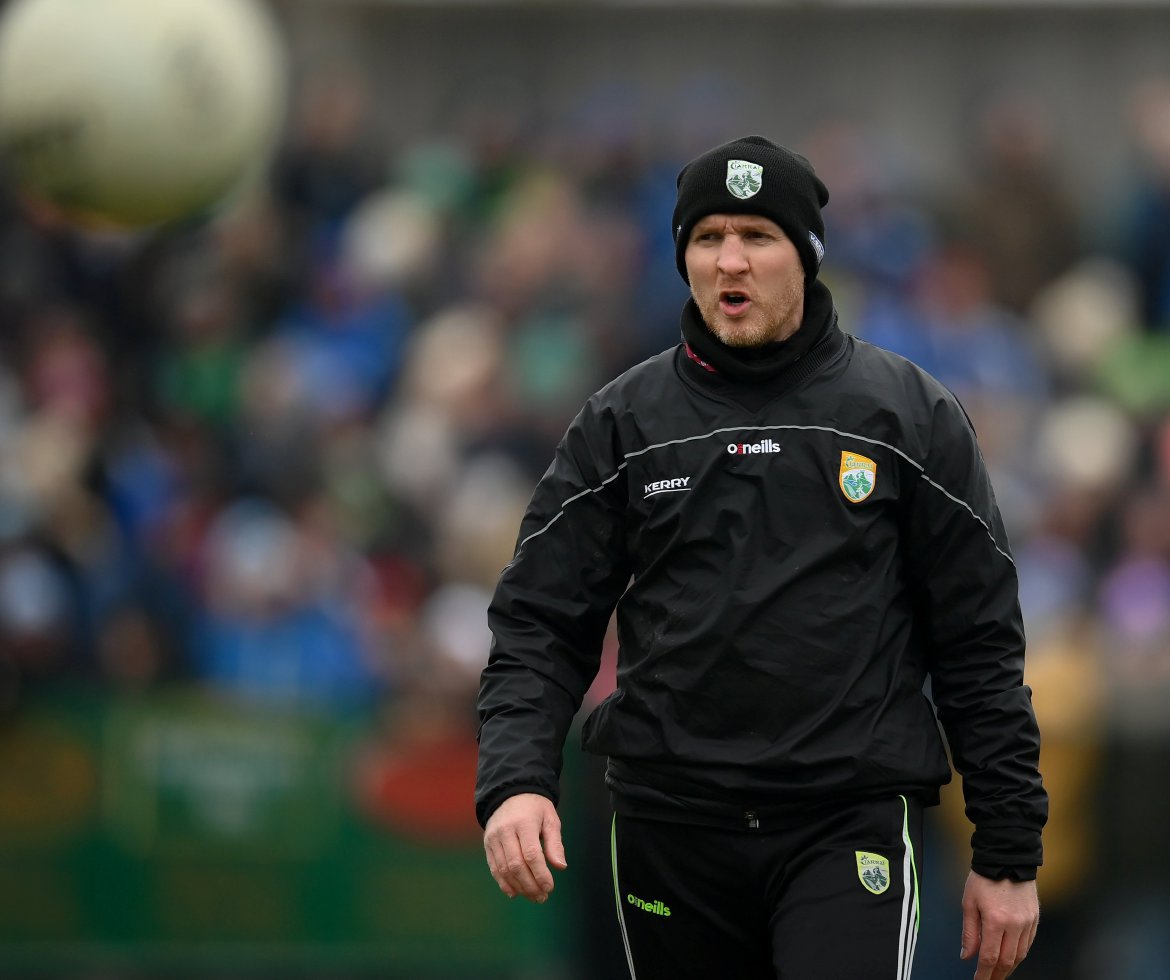WE are now into the last 12 of the All-Ireland series, and given it’s only the start of June it feels quite strange that we are so far deep into the showpiece competition.
There were no surprises in the Munster and Leinster provincial championships with Kerry and Dublin not having to come out of second gear to deliver provincial titles. There was a huge shock in Ulster though as Derry won one of the hardest provincial titles there is to win, beating Tyrone, Monaghan and Donegal en-route to capturing their first title in 24 years.
In Connacht, a surprise emerged in the first round, with Galway defeating last year’s All-Ireland finalists Mayo and setting up their third clash this year with neighbour’s Roscommon, a game in which they came out on top for the first time in three meetings between the sides in 2022.
Galway, Dublin, Kerry and Derry now await the four winners of this weekend’s last 12 games, with Cork, Limerick, Armagh, Donegal, Mayo, Kildare, Clare and Roscommon all vying for a spot in the last eight of the All-Ireland series and an opportunity to progress further.
It’s an interesting dynamic after this weekend for the teams who come through the qualifying matches. Say for example, Armagh and Mayo were to be victorious, that would be their second consecutive win, coming in with huge momentum and confidence and ultimately football is a game of confidence.
You would have a number of provincial winners sitting nearly a month without competitive football and as we saw last year with Kerry, sometimes a group can be undercooked for a proper battle and a proper test.
The tactical battles and innovations in some of the teams this year have been intriguing.
Take the Munster champions for example, Kerry. They have appointed Paddy Tally as head coach, and obviously Paddy prefers to play a counter-attacking style of football with a deep-lying defensive unit and the platform to build from.
Kerry are doing this with great aplomb, getting huge numbers behind the ball. At times it isn’t alien to seee David Clifford and co. back on their own 45, chasing, harassing and tackling hard.
The words defensive football, sweepers, negativity etc have been replaced by Kerry folk; the new terminology is tracking back and working hard. With this defensive template, Kerry are not coughing up goal chances in the easy fashion they did in last year’s All-Ireland semi-final against Tyrone.
The Leinster champions have had plenty written about them in the past, with their ability to track runners all over the park, chasing back to provide a deep-lying defence like Kerry, makes them very destructive defensively again, which wasn’t there during this year’s league.
The fact they can still post big scores is due to their phenomenal athleticism and conditioning which gives them the ability to defend in numbers and attack with numbers – and at pace. The one difference and innovation is the three men left tight inside and playing very deep, which pulls an opposition’s defence deeper and leaves space for the likes of Con O’Callaghan, Dean Rock and other inside forwards to break into.
The Ulster champions tactically are the most organised of them all defensively. Rory Gallagher has a group of players who are a textbook example of the phrases ‘role clarity’ and ‘role acceptance.’
The individual and collective roles have been made clear but, most importantly of all, there is harmony and buy in, in fact, total buy in.
They have two or three key match-ups that they nullify and then the group defend as a collective, using zonal defensive shapes with ferocious work-rate and a savage intent to press the ball in key areas.
The big change in this system from previously similar Gallagher systems is Derry’s ability to counter-attack at breakneck speed and fluidity. They also possess some fabulous individual talent who can equally play and attack in a very instinctive and creative nature and not just to a robotic style or system which makes a huge difference.
The Connacht champions Galway are a very similar version to Derry but without anywhere near the level of organisation or defensive discipline that the Ulster champions have.
Galway still rely on key individuals with glimpses and fleeting moments offensively, the likes of Paul Conroy, Damien Comer and Shane Walsh. If those players are negated it would go a long way to stopping Galway.
Mayo’s huge injury list and Roscommon’s inability to match up on Walsh has obviously propelled them to an All-Ireland quarter-final, but without a proper kick-out strategy and with a defensive system that uses safety in numbers back there they could be the only provincial champion not in the final four.
Next week I will look at the four winners of this weekend’s games and what tactical innovations or styles they are going to be bringing to a fascinating final weekend of action in June’s quarter-finals.
Receive quality journalism wherever you are, on any device. Keep up to date from the comfort of your own home with a digital subscription.
Any time | Any place | Anywhere












